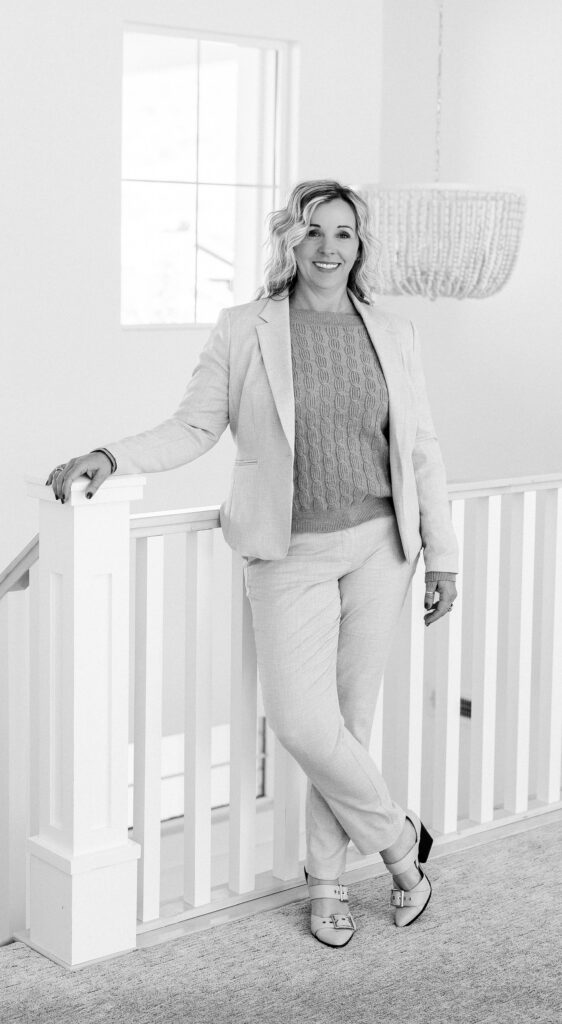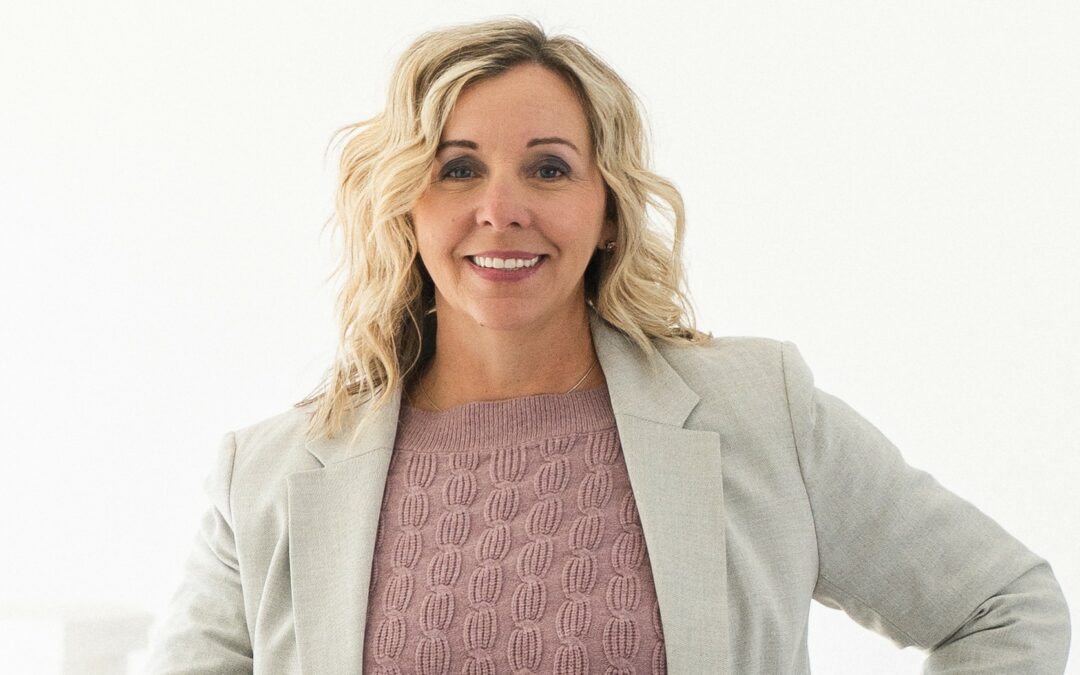They call us the “Silent Sufferers.” Those of us who are “high-functioning” alcoholics. For years, this was my story.
As I began to claw my way out of despair and build a successful life, a strange thing happened: I no longer felt allowed to voice my pain. Success became a new kind of prison. I slammed the door on my past, locking my little inner children away in a personal Pandora’s box, terrified that if anyone in my new world saw where I had come from, they wouldn’t accept me. For twenty years, I kept secret after secret. My secret closet was growing, and I was afraid that if someone opened the door, my impostor syndrome would all come spilling out.
So I continued to raise walls around my heart. I would only get so close to people, and then I would go cold, and they never understood why. I didn’t even invite friends to my home for a very long time.
I was suffering, but to the outside world, I was “put together.” In the material world, I was a success. But on the inside, in the world of emotional sobriety and self-worth, I was a repeat failure.
What no one saw were the secret, daily battles:
- The humiliation of waking up with no memory of driving home drunk from another networking event.
- The quiet terror of hoping no one at work read the police online bookings report after my husband was arrested for domestic violence.
- The shame of having to ask others what I’d said or done during another blackout.
- The simple, damning truth that I could never have “just one.”

I have an allergy to alcohol. The more I drink, the thirstier I become. There is no shut-off valve, and believe me, I wish there were. I want more than anything to be able to drink like a normal person, the same way my nut-allergic son wants to eat M&M’s like every other kid on the block but can’t, because one nut will kill him.
Alcohol will kill me if I continue to consume it; abstinence is the only solution. But abstinence alone isn’t enough, because my allergy comes with a mental obsession that, over time, can convince me I’m “cured” and it’s okay to try again.
Because of all these secrets, I felt isolated and alone even in a crowd. I thought if anyone knew the truth about me and all my “issues,” they would likely fire me, dislike me, or reject me. Keeping up the charade was exhausting.
It all came crashing down when I attracted my third husband into my life. The similarities between him and my upbringing with my father came flooding back, and I experienced my lowest of lows. Everything I had fought to break—the cycles of abuse, addiction, and poverty—were all back, and I was trapped again. This experience took me to the pits of despair, leaving me with PTSD and unable to see a way out. It took four long, hard years to finally break free again.
Ultimately, I was forced to face a painful conclusion. It all came full circle because in trying to hide my past—the poverty, the abuse, the secrets—I had never truly healed from it. Running from my past is what allowed it to catch up and pull me under. The war I had declared on my life at 24 years old, the one I detail in my book Radical Notions, felt lost.
I had nothing left to do but surrender. To admit defeat.
Those were the darkest days of my life, consumed by a demoralization I can barely describe. But then, something magical happened. In surrendering the fight, I found my true victory. The women of the A.A. program rose up around me and loved me until I could love myself. They taught me that healing is a “We Thing.”
That kind of unconditional love saved my life. They have no judgment, no conditions, no rules. It’s a come-as-you-are, and let’s heal together, way of life.
I know now that I can no longer keep secrets; I will always be as sick as my secrets. I don’t want others to have to walk through that level of inner darkness alone. I want to be a voice, a beacon of light. That is why I created the Soul Blossom Tribe. I want to live my life with authenticity, transparency, and honesty because of what the women of Alcoholics Anonymous have taught me: we heal together. Those who have walked through the valleys of hell and lived to tell about it can help each other in a way no one else can.
What I learned through my journey is that there is no shame in having a hard time. It takes what it takes to grow and learn. To thrive. Everyone is going through something, and I don’t know where in our society we decided it’s not okay to share our challenges, trauma, or diseases.
I want to be here when others need an ear to listen or a hand to hold. To let someone know they don’t have to walk alone in the darkness. If my story can help one person, or if the Soul Blossom Tribe can be a safe place for one soul to heal, then it was all worth it.
I want to leave a legacy my boys can be proud of. That when they talk about their mother, they remember me for my resilience, my desire to serve, and for inspiring them to be the best humans they can be. I want them to be proud to call me ‘mother.’
Always Choose Love,
Emily Blossom


“Thank you for letting me share my heart with you. Now, I have a gentle question for you, and I invite you to reply if you feel called to: What is one ‘mask’ you’re tired of wearing?”